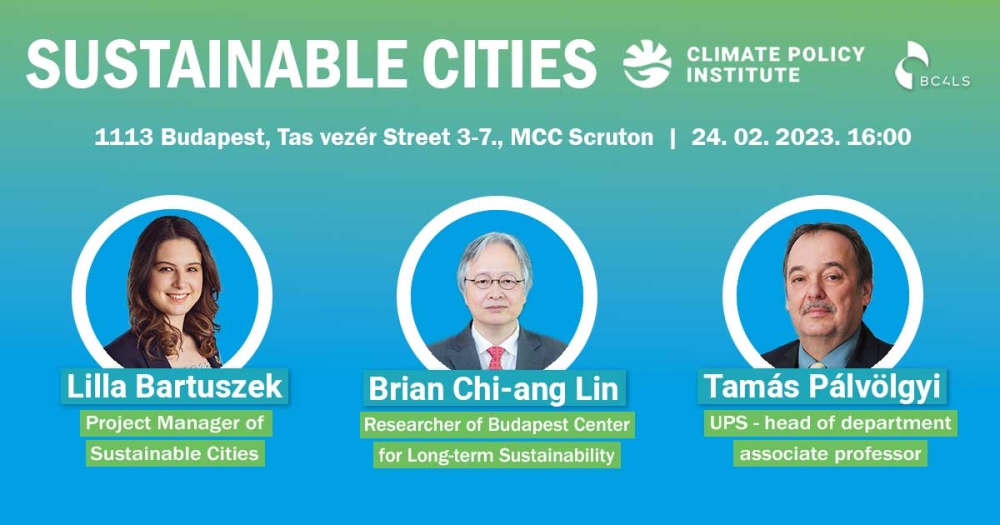Cities are home to more than 50% of the world's population and this proportion is growing. As a result, urban sustainability is of paramount importance to ensure a liveable environment for future generations.
Sustainable cities are settlements that are designed and operated with attention to the environment, people's health and well-being, and economic development. Their main objective is to provide people with a more liveable, healthier and economically sustainable environment.
The design and operation of such cities should pay particular attention to the impacts of and responses to climate change, with energy efficiency being an important issue, to reduce energy demand and to use renewable energy sources.
In sustainable cities, public transport, cycling and walking have an essential role, as transport infrastructure also needs to be designed to reduce car use, thereby reducing their environmental impact. In cities, green spaces also play an essential role in people's health and well-being, as parks, green strips and wooded areas help to reduce air pollution and temperature inequalities. Sustainable cities also need a strong emphasis on well-designed waste management systems to facilitate illegal dumping as much as possible.
The roundtable discussion will explore the key factors in designing and running sustainable cities, with questions from the following experts on the subject:
- Brian Chi-ang Lin, Researcher of Budapest Center for Long-term Sustainability
- Tamás Pálvölgyi, National University of Public Service, head of department, associate professor
- Lilla Bartuszek, Project Manager of Sustainable Cities
The language of the discussion will be English, interpretation will be provided.
For registration, please visit the web page bellow: CLICK HERE!
Participation in the event is free of charge, but registration is required.


 February 24, 2023 at 4:00 PM – 6:00 PM
February 24, 2023 at 4:00 PM – 6:00 PM
